As a licensed substance abuse counselor with an emphasis on treating couples and families with substance use issues, it is my responsibility to keep up with the research on evidenced based practices that are the most helpful. In 2002 I began working with individuals struggling with opioid dependence, and this population continues to be the one I am most passionate about serving. There are as many approaches to treating opioid use disorders as there are people who need help. When someone is unable to achieve abstinence on their own, as is most often the case, medications can be lifesaving.
Research strongly supports the use of agonist medications, such as Suboxone or buprenorphine, to reduce opioid use and help clients stay in therapy (Connery, H. S., 2015). When someone becomes physically dependent on opioids, excruciating withdrawal symptoms can keep them stuck in the cycle of addiction. Medications, such as Suboxone, block the receptor cites eliminating drug cravings and painful withdrawal symptoms, allowing that person the freedom to return to normal functioning.
Opioid dependent patients properly treated with medication and counseling can quickly return to their daily responsibilities, often avoiding job loss, family alienation, and costly inpatient treatment stays. With the right amount of medication and support, those struggling with opioid dependence can return to work, family and social activities while participating in counseling to help understand the factors that made them vulnerable to addiction in the first place.
Buprenorphine is proven to be significantly effective, safe, and well tolerated in multiple populations, including adults, adolescents and pregnant women who are opioid dependent (Connery, H. S., 2015). Those participating in medication assisted treatment can solidify a comprehensive relapse prevention plan while, when appropriate, slowly titrate off of their medication and eventually be drug free.
I see too many of my colleagues freeze up when faced with the idea of taking on a new client that is currently abusing pain pills, heroin, or fentanyl. Having been on the front lines of the opioid crisis for the past 18 years, I am here to help not only treat patients but also work alongside colleagues who are interested in treating this population. At Red Rock Counseling, we have a specially trained in-house physician who can help clients end the deadly cycle of opioid addiction and reclaim their life. If you or a loved one needs help, please visit https://www.redrockcounseling.com/outpatient-detox-las-vegas-nevada
Written by Susan Dow, MS, LADC, MFT-Intern
You can learn more and book an appointment with Susan by visiting here.
Connery, H.S. (2015). Medication-assisted treatment of opioid use disorder: review of the evidence and future directions. Harvard review of psychiatry, 23 2, 63-75 .

